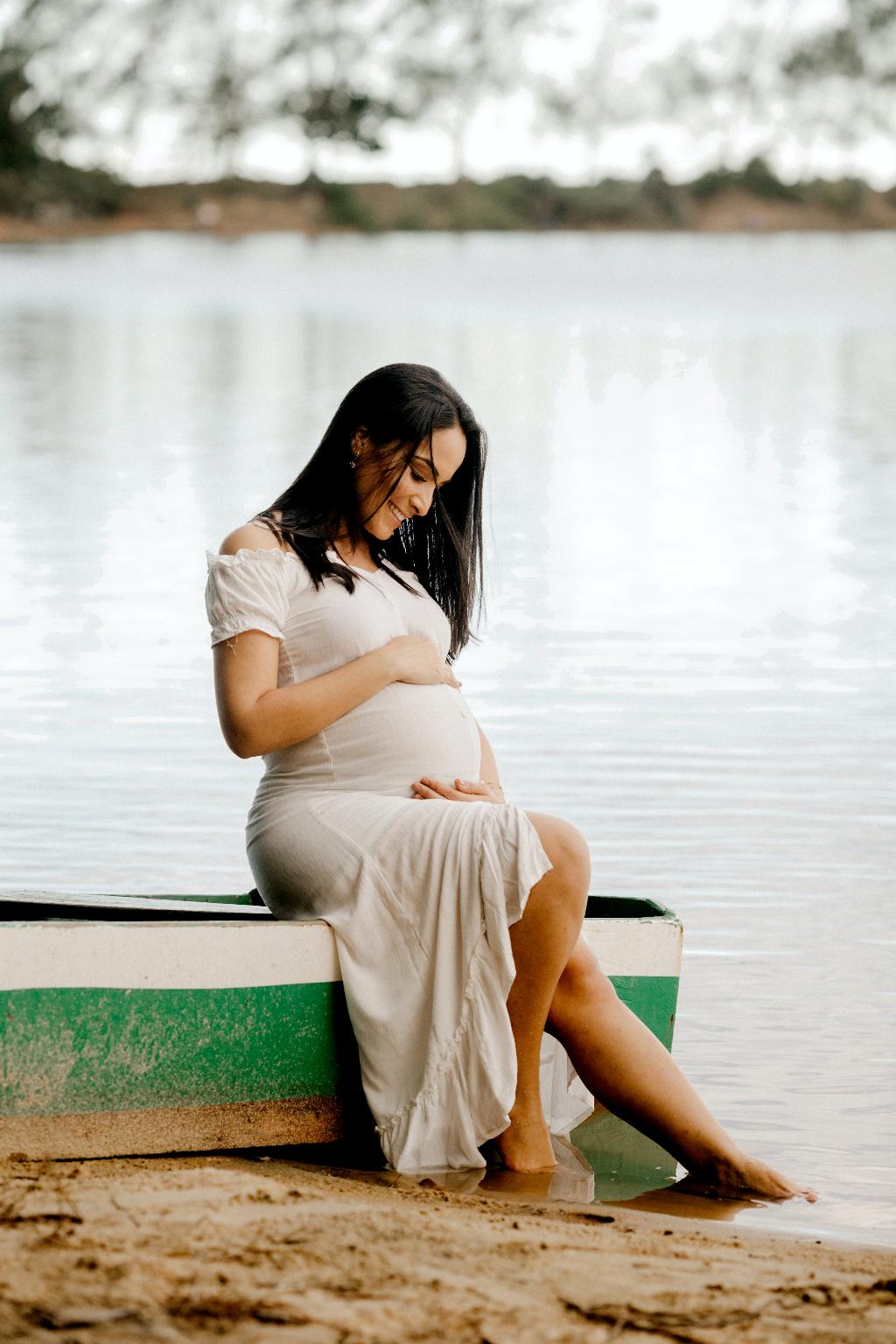When you are expecting a child, everything can feel heightened, including the risks associated with allergic reactions. An allergic reaction during pregnancy can potentially lead to serious consequences, not only for the mother but also for the developing fetus.
Identifying Symptoms of Allergic Reactions
It is essential to be aware of the signs of an allergic reaction during pregnancy. Symptoms may include lower back pain, uterine cramps, preterm labor, and vulvar or vaginal itching. These symptoms can be distressing and may signal a more severe reaction.
The Risk of Anaphylaxis
Anaphylaxis is a severe allergic reaction that can have life-threatening consequences for both the mother and the fetus. Maternal hypotension and hypoxemia may occur during anaphylaxis, putting the health and well-being of both individuals at risk.
Effects on Maternal Health
Maternal hypoxemia, characterized by low oxygen levels in the blood, can be particularly dangerous during pregnancy. It can lead to complications such as fetal distress and maternal hypotension, impacting the overall health of both the mother and the baby.
Potential Risks to the Fetus
An allergic reaction during pregnancy can pose significant risks to the fetus. Preterm labor, triggered by the body’s response to allergens, can result in premature birth and associated complications for the developing baby.
Managing Allergic Reactions Safely
If you experience an allergic reaction while pregnant, it is crucial to seek immediate medical attention. Healthcare providers can help assess the severity of the reaction and provide appropriate treatment to protect both maternal and fetal health.
Preventing Allergic Reactions
Prevention is key when it comes to managing allergic reactions during pregnancy. Avoiding known allergens, following a healthy lifestyle, and discussing any concerns with your healthcare provider can help reduce the likelihood of experiencing severe reactions.
Seeking Medical Advice
It is always advisable to consult with a healthcare professional if you have a history of allergies or have concerns about potential allergic reactions during pregnancy. Your doctor can offer guidance on managing allergies safely while expecting.
Creating a Supportive Environment
Building a support network of healthcare providers, family members, and friends can also be beneficial during pregnancy. Having a strong support system in place can help alleviate stress and anxiety related to allergic reactions and their potential impact.
Staying Informed and Prepared
Educating yourself about the risks of allergic reactions during pregnancy and staying informed about potential allergens can empower you to make informed decisions about your health and well-being. Being prepared is key to managing any unexpected situations effectively.
Conclusion
In conclusion, allergic reactions during pregnancy can have serious implications for both the mother and the fetus. It is essential to be vigilant about symptoms, seek medical advice promptly, and take preventive measures to safeguard maternal and fetal health. By staying informed and prepared, you can navigate the challenges of managing allergies while expecting with confidence.

